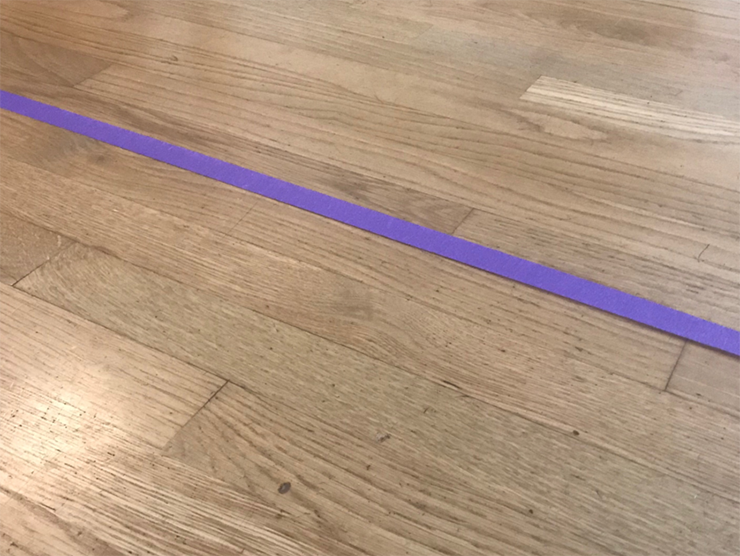What are your five-year hiring needs? That's always been a tough question and it's getting tougher every day.
In the current era, jobs and skills aren't easily predictable. Roughly a third of the jobs people do now didn't exist two decades ago. LinkedIn's Emerging Jobs report says 2/3 of tomorrow's jobs (the ones that will be filled by children currently in school) don't exist today.
The landscape doesn't just paint an uncertain picture; it puts organizational leaders in the position of planning for what they don't even know they don't know.
So how can you plan for what you can't predict? The answer is to use employee education programs to train for things you can identify now, and to also build a culture of excitement around learning which will help increase your employees' adaptability for an uncertain future.
Think of the things we know right now:
Degrees aren't merely organizationally functional; they're also personally satisfying for employees - and you can capitalize on this. Employers that help people realize educational achievements (and create cultures where they're celebrated) generate unique loyalty. So while you're growing current employees to fill today's holes, you're also cultivating a culture that says, "People come here to successfully grow careers." Plus, with ladders and lattices firmly established as career pathways, you'll be sending a clear signal to all those potential recruits about what can be accomplished.
That makes employee education your insurance policy. You may not be able to predict tomorrow's jobs. But regardless of what you don't know you don't know...you'll be ready.
In the current era, jobs and skills aren't easily predictable. Roughly a third of the jobs people do now didn't exist two decades ago. LinkedIn's Emerging Jobs report says 2/3 of tomorrow's jobs (the ones that will be filled by children currently in school) don't exist today.
The landscape doesn't just paint an uncertain picture; it puts organizational leaders in the position of planning for what they don't even know they don't know.
So how can you plan for what you can't predict? The answer is to use employee education programs to train for things you can identify now, and to also build a culture of excitement around learning which will help increase your employees' adaptability for an uncertain future.
Think of the things we know right now:
It's an employee's market out there
Can you say, 4.1% unemployment rate? The Bureau of Statistics' latest figures show 6-million job openings (a record streak, according to the Washington Post) and so talent wars that aren't going anywhere. Grooming from within can fill those holes.Immediate needs are irrefutable
Today's tough-jobs-to-fill lists include finance, tech, and nurses - jobs that need skills and degrees. A well-run education program can turn passionate people with desire into skilled people with degrees.People are excited about learning
How excited? In today's market, employees join companies purely for the privilege of going to school. More than 3/4 of employees in our recent study of tuition assistance users said as much; 80% said such programs also make them more likely to stay on the job.Degrees aren't merely organizationally functional; they're also personally satisfying for employees - and you can capitalize on this. Employers that help people realize educational achievements (and create cultures where they're celebrated) generate unique loyalty. So while you're growing current employees to fill today's holes, you're also cultivating a culture that says, "People come here to successfully grow careers." Plus, with ladders and lattices firmly established as career pathways, you'll be sending a clear signal to all those potential recruits about what can be accomplished.
That makes employee education your insurance policy. You may not be able to predict tomorrow's jobs. But regardless of what you don't know you don't know...you'll be ready.





